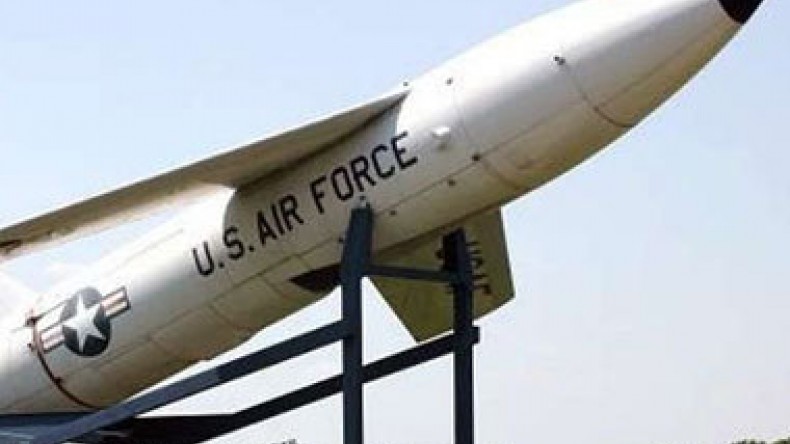
US missiles on Russia borders, provocative – expert
Press TV has conducted an interview with Bill Jones, with the Executive Intelligence Review, Leesburg about the expansion of the US missile program which Russia says is a threat and prevents talks on further nuclear arms reduction.
- Why is there double standard on the part of Washington? On the one hand it calls for nuclear arms reduction; on the other hand it continues to develop its missile program.
- This has been a continued complaint by the Russians ever since it was clearly outlined what the missile defense program would look like.
Placing these missiles really on the borders to Russia in Poland and in Romania whatever one may say about it was a very provocative operation and they have been trying to reach some kind of agreement where this would not be a threat to Russia. They haven’t come to that agreement.
The US and NATO have been determined in continuing the missile system has it was originally outlined and they are seeming to ignore more or less the Russian objection saying that they’re not relevant.
And given everything else that’s going on between the US and Russia and the general deterioration of the relations that exist between the two nations – and between Russia and NATO as well – it’s not unusual that the Russian deputy foreign minister would make such statements.
They’ve been very concerned. They are concerned about the intentions of the US and therefore they’re taking measures to do what they think has to be done to protect themselves.
- Don’t these double standards embolden other countries to develop such weapons?
- That’s always been the case. There has always been the criticism about the fact that the US, being the big kid on the block, can do as it wants, but is asking others to restrict their armaments. I think this double standard has been there for a long time.
And in order to get any kind of success the US would have to at least create a climate that indicates to the other parties that the US is willing to bring down its military posture.
Up until this point that has not been the case and especially the latest developments in Ukraine indicate much more of an aggressiveness on the part of the West, on the part of the US and this is just sending the wrong signals to Russia and they’re taking measures appropriately.
- What political implications would this missile defense system have for those countries in Europe that are hosting it?
- They see this obviously as a protection. When the wall came down there was a lot of discussion that we could have new relations – that NATO may have been obsolete – and you could have new relations, which would include Russia in a European architecture.
But there was a lot of lobbying on the part of the East European countries who felt that they wanted more protection, not becoming a part of the Soviet sphere of influence again and they insisted that NATO continue to exist and that they be a part of it. And the West unfortunately went along with this.
So you have the contradictory development where the US is saying they want better relations after the demise of the Soviet Union, but at the same time they’re taking measures to really increase the military stance on the borders of Russia.
And it’s that contradiction that still hasn’t been overcome and has created a great deal of the tension between the US and Russia in the last decade.
Newsfeed
Videos






























